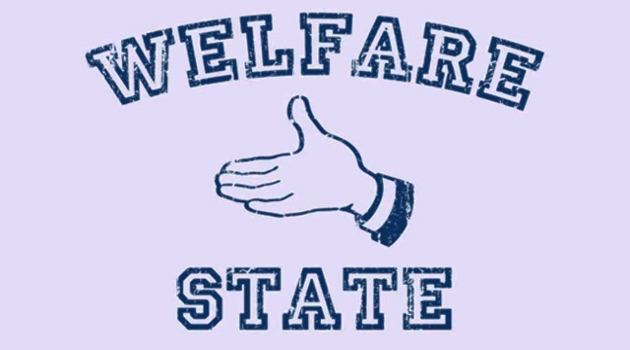In past columns on the topic of basic income, most of my attention has focused on how universal handouts would undermine the work ethic.
To be succinct, I fear that a non-trivial share of the population would exit the labor force if they received a big chunk of guaranteed money from government.
But there’s another side to the fiscal equation, which is the tax burden would be needed to finance a basic income.
Thanks to some research from Germany, we have at least one answer to that question.
But I suspect that most people won’t like the results, which were put together by a team led by Professor Frank C. Englmann of the Institute of Economics and Law (IVR) at the University of Stuttgart.
…introducing a UBI that guarantees a livelihood while eliminating social benefits (e.g., unemployment benefits, old age security, and family allowance) would considerably simplify the German social system and greatly reduce the administrative burden. However, compared with the legal status in 2021, state transfer payments would have to be greatly increased. “According to our calculations, public expenditure on a living UBI would be up to EUR 900 billion. Considerable tax increases would be necessary in order to finance this,” says Professor Frank C. Englmann of the IVR. If the state introduced a flat tax of 66.1% for all citizens, a UBI of EUR 1,000 per month for adults and EUR 500 for children could be financed. …Compared with the status quo, there would be a considerable redistribution.
I like the flat tax, but I’ve always assumed a low tax rate.
Needless to say, a flat tax of 66.1 percent would be absurdly destructive.
How many people – either in Germany or any other nation – would choose to work when faced with such punishment? Especially when instead they could sit on a couch all day and collect a basic income?
No wonder Swiss voters overwhelmingly rejected the idea in a 2016 referendum.
P.S. Joe Biden at one point understood the downsides of universal payments. Given his support for per-child handouts, he’s obviously since moved in the wrong direction.



